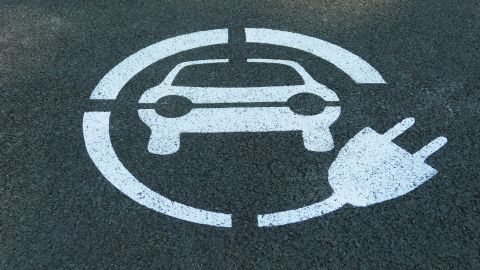BEUC urges EU member states not to delay the adoption of clean car targets any further
About this publication
Due to pressure from Germany, EU member states are delaying the signing off of a new EU law which would eliminate CO2 emissions from new cars by 2035. The request by national politicians to introduce a loophole for cars running on synthetic ‘e-fuels’ in the law runs against the interest of drivers, as it will be much more costly than going electric.
In 2021, BEUC found that electric cars are already the cheapest option for people driving many kilometres. While first owners will on average be better off by switching to electric in 2025, second- and third-hand owners – who bear less of the car’s depreciation and benefit from low maintenance costs – stand to make significant savings for each car sold today once these cars arrive on the second-hand market. This makes electric cars the most equitable choice as Europeans move away from petrol and diesel cars.
In contrast, we found that e-fuels – which are new synthetic fuels – are a costly solution for consumers. Price-parity with petrol cars is not foreseen until 2037, and e-fuels will not be competitive with electric cars.
Monique Goyens, BEUC Director General, commented:
“It is unacceptable that a cornerstone of the European Green Deal is being held hostage to political wrangling in a single country. E-fuels are not a solution, as this technology is more expensive than electric cars, which is clearly the direction of travel for the automotive market.
“Tackling the climate crisis requires decisive action to curb CO2 emissions from road transport. We need to avoid distractions and prioritise technologies that work for the environment and people’s wallets. Many policymakers and pundits talk about the need for a just transition, so we should choose the options that will make this a reality.”
Read more
-
Research by German consumer group Verbraucherzentrale Bundesverband on the cost of driving, electric cars and e-fuels (September 2021)
-
BEUC’s view on creating a sustainable transport system in Europe
Download:


